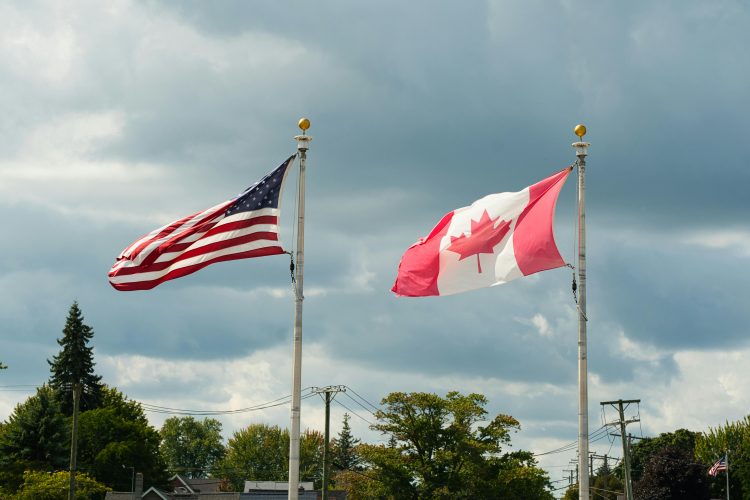Saskatchewan government introduces new Immigration Services Act

Update: On July 1, 2024, Saskatchewan’s Immigration Services Act came into force.
On April 8, 2024, the Government of Saskatchewan announced new legislation aimed at strengthening the province’s immigration system.
The new Immigration Services Act (the “Act”) will replace the province’s existing immigration legislation, The Foreign Worker Recruitment and Immigration Services Act (“FWRISA”). Originally implemented on October 11, 2013, the FWRISA is aimed at protecting foreign workers and other immigrants to Saskatchewan from abuse during the immigration and recruitment process. The Act – which has not yet been made available for public review – aims to improve upon and strengthen these goals.
Per Immigration and Career Training Minister Jeremy Harrison: “Immigration is critical to Saskatchewan’s economic growth. This strengthened legislation will support and protect newcomers and employers, and ensure Saskatchewan is able to attract and retain the labour force we need to support our growing economy and communities. This new legislation will enhance Saskatchewan’s ability to support newcomers as they arrive in the province, improve the process for employers looking to hire foreign workers and ensure Saskatchewan has the most robust program integrity framework in Canada.”
The new Act seeks to enhance supports available for immigration to Saskatchewan and strengthen protections for foreign workers. Key areas to be addressed by the Act will include:
- Comprehensive settlement services – The Act will support the province’s ability to provide a full range of settlement services, from pre-arrival support to assistance with long-term retention.
- Enhanced foreign worker protection – The legislation will aim to provide stronger safeguards against worker exploitation. Additionally, it will tighten the province’s oversight of recruiters, immigration consultants and non-compliant employers with a view towards increasing immigration integrity and safety within the province.
- Tackling fraud – The Act will set out increased investigative authority and enforcement measures to combat fraud and promote program integrity. This will include increased maximum fines and the introduction of monetary penalties for non-compliance.
- Concrete consequences – Through explicit foreign worker protection provisions, the legislation will impose robust consequences for those attempting to misuse immigration programs within the province.
- Streamlining processes – In replacing the FWRISA, the new Act will consolidate all immigration-related authorities in Saskatchewan under a single piece of legislation. This will streamline processes for employers using immigration to address their workforce needs.
- Supporting workforce development – The new act will be aligned with Saskatchewan’s recently released Labour Market Strategy, through which the province aims to grow and develop its workforce by recognizing foreign credentials and attracting skilled workers to fill job vacancies.
- Autonomy over immigration – Through the new Act, Saskatchewan will continue to prioritize its provincial autonomy over immigration. The Act’s provisions related to enhanced investigative authority, enforcement and settlement services are expected to be further steps toward this goal.
According to the provincial government, the new Immigration Services Act supports the government’s Growth Plan goal of reaching a population of 1.4 million people by 2030. A growing population supports the province’s labour force with the aim of all Saskatchewan people benefiting from opportunities created by a growing provincial economy. This considered, employers should take note of their current compliance obligations under the FWRISA and be aware of potential changes on the horizon. As noted above, a draft of this legislation is not yet available. Further commentary and analysis will be provided once it comes available for review.
To learn more about how the Act could impact you and your organization, contact a member of the MLT Aikins Immigration team today.
Note: This article is of a general nature only and is not exhaustive of all possible legal rights or remedies. In addition, laws may change over time and should be interpreted only in the context of particular circumstances such that these materials are not intended to be relied upon or taken as legal advice or opinion. Readers should consult a legal professional for specific advice in any particular situation.




